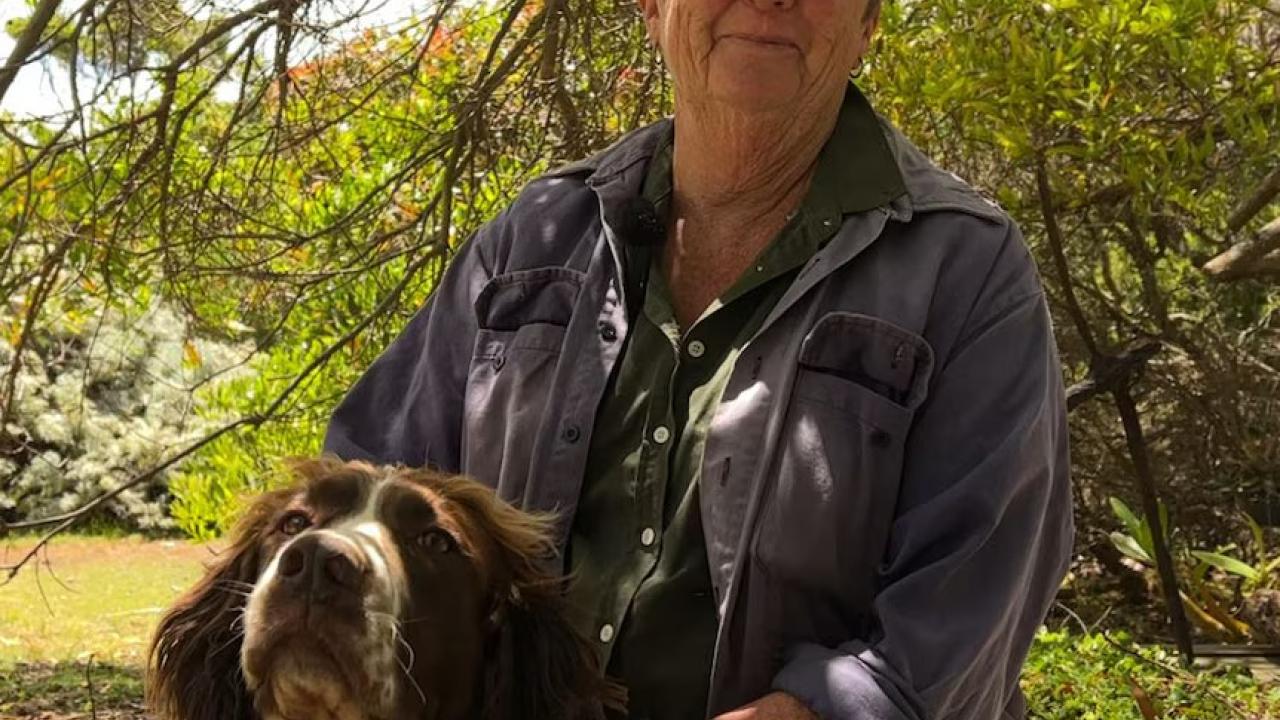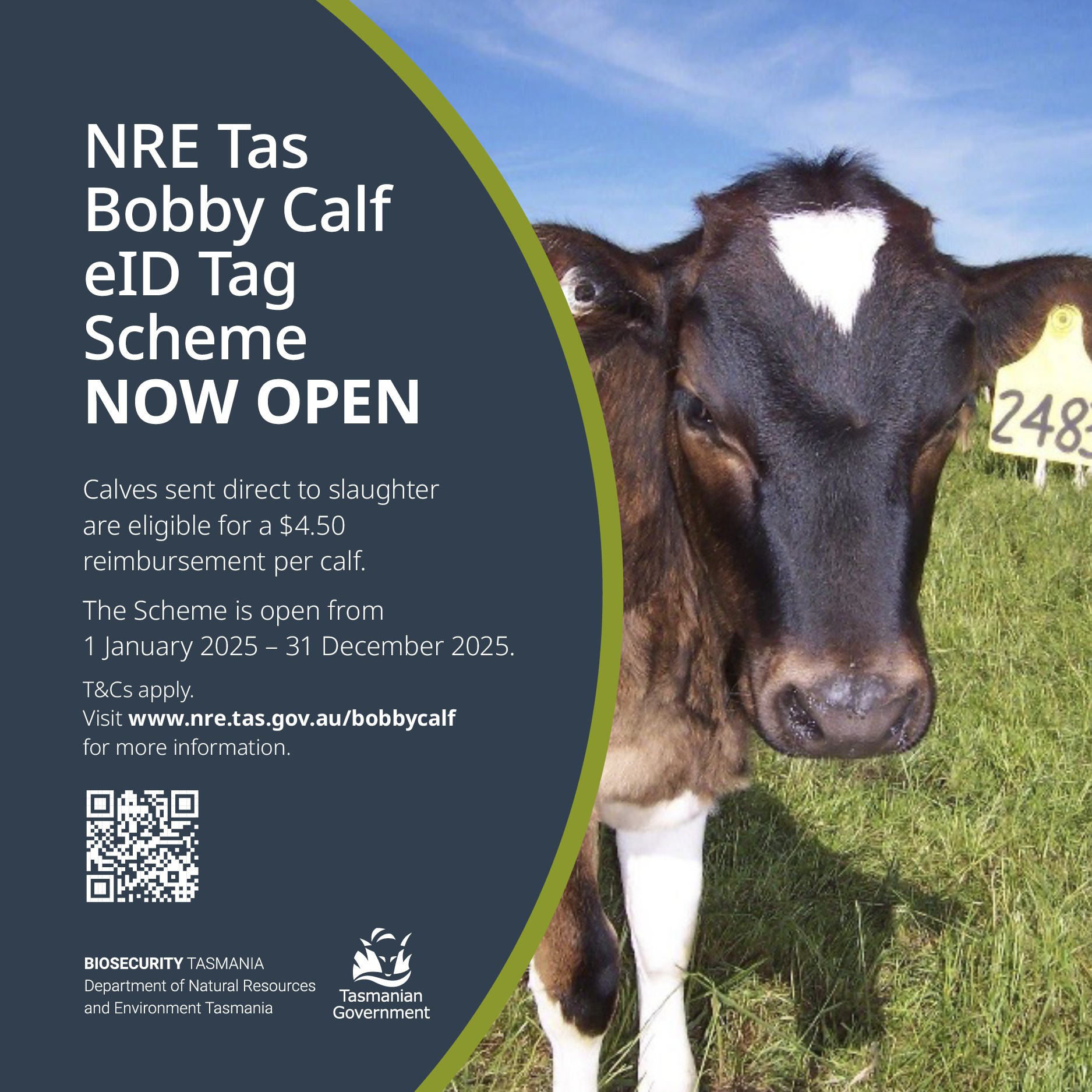Gold for Flinders Island's good olive oil

Flinders Island Olive Oil has added yet another award win to its ever-growing list of achievements.
The business took home a gold award at the Royal Adelaide Olive Show, along with being named best in class and best in show.
Owner Jude Cazaly first planted olive trees at her property in Killiecrankie, around half an hour's drive north of Whitemark, in 2002.
“We’re now a reasonably mature grove, but we battled the elements – and animals like wallabies and wombats – when we were setting up,” Ms Cazaly said.
“It’s a boutique grove in comparison with other commercial groves.”
Ms Cazaly said Flinders Island Olive Oil had around 1000 trees at its peak, but that number was now at about 850.
“We had advice on the types of trees to plant and cultivars.
“We chose trees that were considered reasonably yielding trees.
“We planted only for getting olive oil, not eating olives.”
The varieties that are grown at the property include Latino, Picual and Coratina.
“We tried Barnea as well, which had already been grown on the East Coast of Tasmania, but they don’t do as well,” Ms Cazaly said.
“And in the end, we put some Kalamata in because people kept asking for them.
“But we put 10 trees in and they don’t like it here, so I’m stuck with the olive oil processing.”
After initially sending olives off-island to be turned into oil, the business acquired a small press in 2011 that allowed everything to be processed on-site.
Ms Cazaly has since upgraded to an 80kg press that can have olives processed within 24 hours.
This year, Flinders Island Olive Oil had a yield of around 7500 tonnes.
Ms Cazaly said she is now producing olive oil with a higher polyphenol content, which she believes is attractive to customers due to its health benefits.
“I sell a lot of products to people in Sydney and Queensland through my website, as well as mainland Tasmania occasionally.
“I do have stock in some Hill Street supermarkets and other stores in Tasmania.
“I sell it in the main supermarket here on Flinders Island and it’s a very popular drop with visitors.
“Those sales are really continuing, if not going up, as our visitor numbers increase on Flinders Island.”
Over the last 30 years, Ms Cazaly said the olive industry had undergone dramatic changes.
“When I first started, there were more people like me who were thinking of having a boutique grove, thinking it would be something they’d look after in retirement – perhaps underestimating the work involved.”
Ms Cazaly said there were now many larger-scale olive farms in Australia.
“It’s similar to what I’ve seen on Flinders Island, where a number of small cattle and sheep farms get amalgamated.
“That’s what’s now happening in the olive industry.”
But in Tasmania producer numbers are dwindling, which Ms Cazaly attributed to key figures in the local industry retiring.
“There’s a big need to set up some sort of training system for olive processors.
“I’ve made it clear to people on mainland Tasmania that I’m more than happy to train some people.”
Ms Cazaly said she had no plans for expansion.




Add new comment